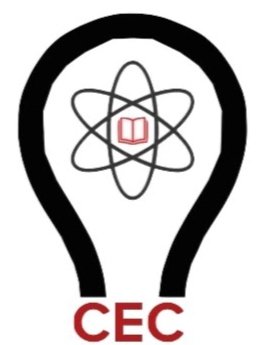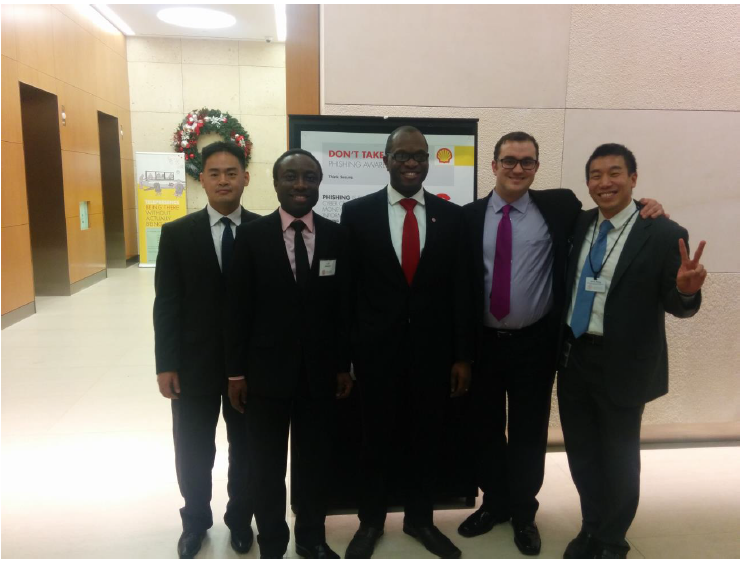by Erika Roby
The National Energy Finance Challenge, hosted by UT-McCombs, is the premiere business school case competition for Oil and Gas finance. In its eleventh year, I had the opportunity to lead a few peers down to Austin to compete against schools from around the country. It was exciting (and a little nerve racking)—overall an enriching experience that was well worth the time and effort put in.
L-R: Erika Roby, Bryan Koch, Yanika Chanapol
The experience was not without adversity however, as our original five-person team fell to just three a few days before the case was disseminated, due to interviews from prospective employers. My teammate Yanika Chanapol, who has an impressively relevant background working for Thailand’s largest oil, gas, and power company (PTT), was one of our strongest contributors. She and I could not fault our teammates for prioritizing employment, but made up for the hole by recruiting a fourth teammate, Bryan Koch, a friend and peer with an outstanding Oil and Gas background in accounting and banking. Unfortunately though, during the case itself we lost yet another member due to other commitments. Bryan, Yanika, and I finished the case together, submitting our deck at 9:59 pm—not a moment to spare—via email.
Once our final deck was submitted, relief washed over us as our remaining priority was to fly to Austin and present. Upon arrival we realized that the weather in Austin was nothing like Ithaca—a staggering 93 degrees in mid-October! Yanika and I found it refreshing, while Bryan (a Texas native) lamented the heat to which he was all too well accustomed.
We were up first with a bright and early 8:00 am presentation. Our presentation went well! We pitched an offshore project over other options within the case, among them a prospective M&A deal and a share buyback. Bryan and Yanika really shined—Bryan fielded questions regarding the project and Yanika piped in with her experience, while I tried to tackle the M&A issues as best I could.
When they announced the finalists, of course we were disappointed to hear that we were not selected. Entering in the finals were teams from Rice, Cox (SMU), Booth (U of Chicago), and Ross (U of Michigan). Cox ended up winning! As an SMU alum, Bryan was very pleased to see his alma mater do well.
Our team was able to bond that evening and see some more of Austin. We ate some amazing barbeque at Black’s and met up with some of the other teams on Rainey Street. All in all, despite the loss, we had a great trip and found it to be a great way to meet other high-level individuals in the Oil and Gas sector. I almost wish I was a first-year so I could come back and do it again!
















